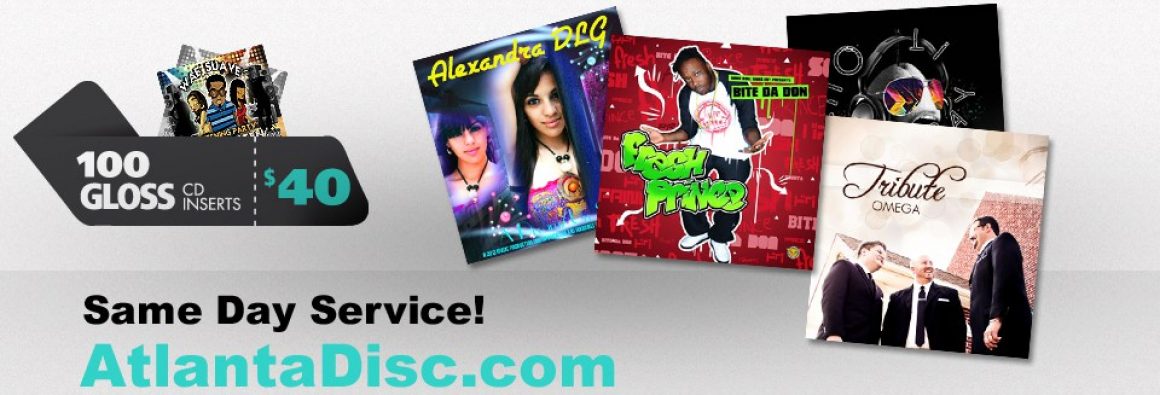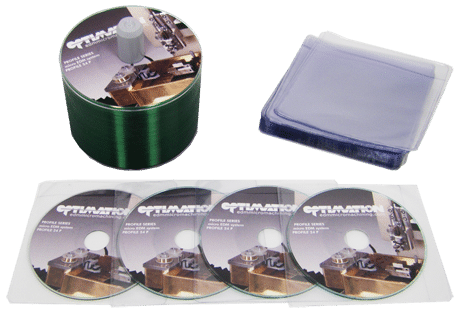In today’s digital age, CDs still play a crucial role in various industries, such as music, software distribution, and promotional materials. When it comes to duplicating CDs for short runs, you have two primary options: CD duplication and CD replication. Both methods have their advantages and considerations, so let’s delve into the details to help you make an informed decision for your needs.
Understanding Short Run CD Duplication: Short run CD duplication involves making multiple copies of a CD by burning the content onto a blank disc. Here’s what you need to know about this method:
- Process:
• Data Transfer: Your original CD content is transferred to a master disc.
• Disc Burning: Multiple copies are created simultaneously by burning the content onto blank CDs.
• Printing and Packaging: Artwork is printed directly onto the surface of the CDs, and packaging options include sleeves, jewel cases, or digipaks.
- Benefits of Short Run CD Duplication:
• Quick Turnaround: Duplication is a faster process compared to replication, making it ideal for tight deadlines.
• Cost-Effective: Short runs often require fewer copies, making duplication more economical.
• Customization: You have more flexibility in terms of artwork design and packaging options.
Understanding CD Replication for Short Runs: CD replication, on the other hand, involves the creation of a glass master from your original disc, followed by the injection molding of discs. Here are the key points to consider:
- Process:
• Glass Mastering: A glass master is created using your original CD.
• Disc Replication: The glass master is used to create a stamper, which is then used to press the content onto blank CDs.
• Printing and Packaging: Artwork is typically printed on paper inserts, which are then placed in jewel cases or other packaging options.
- Benefits of CD Replication:
• High-Quality Reproduction: Replicated CDs offer superior audio and data quality, suitable for professional releases.
• Large Quantity Runs: Replication becomes more cost-effective and efficient for large quantity orders.
• Wide Compatibility: Replicated CDs are compatible with a broader range of CD players and devices.
Choosing the Right Solution: When deciding between short run CD duplication and replication, consider the following factors:
- Quantity: Duplication is ideal for smaller quantities, typically up to a few hundred copies, while replication becomes more cost-effective for larger runs.
- Timeline: If you need copies quickly, duplication offers a faster turnaround time.
- Quality: If you require the highest audio or data quality, replication is the better choice.
- Packaging and Customization: Duplication offers more options for customization and packaging choices.
Conclusion: When it comes to short run CD duplication vs. replication, understanding the differences and assessing your specific needs is crucial. If you require a smaller quantity with quick turnaround and customization options, short run CD duplication is the way to go. On the other hand, if you need larger quantities with superior audio or data quality, CD replication is the preferred solution. Assess your requirements, consider your budget, and make an informed decision that best suits your needs.
For reliable CD duplication and replication services in Atlanta, visit atlantadisc.com. They offer a wide range of options to meet your CD production needs, whether it’s a short run or a large-scale project.

